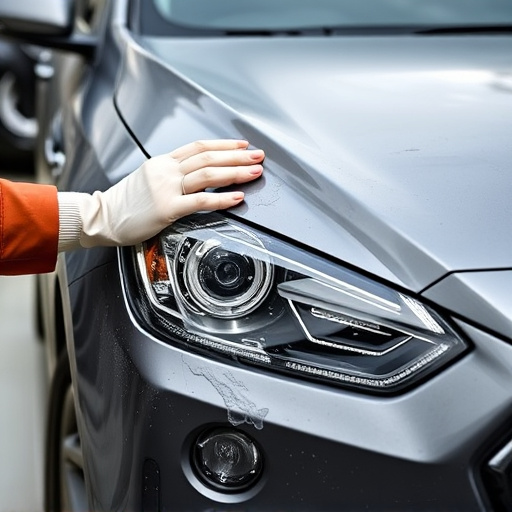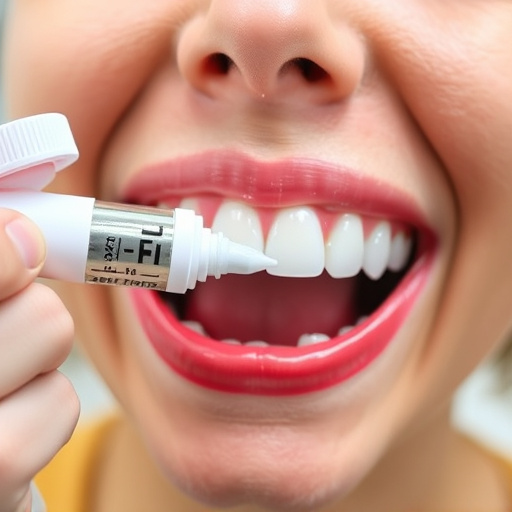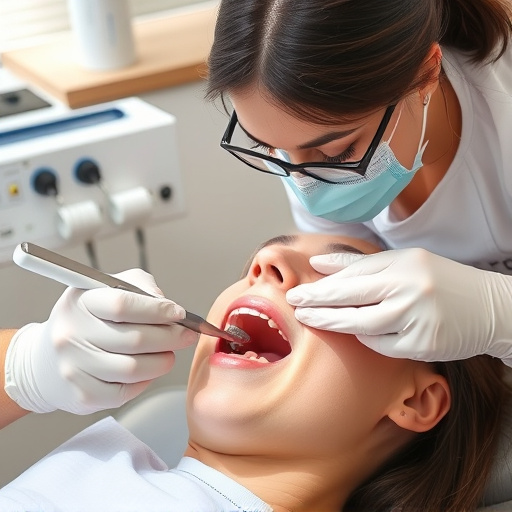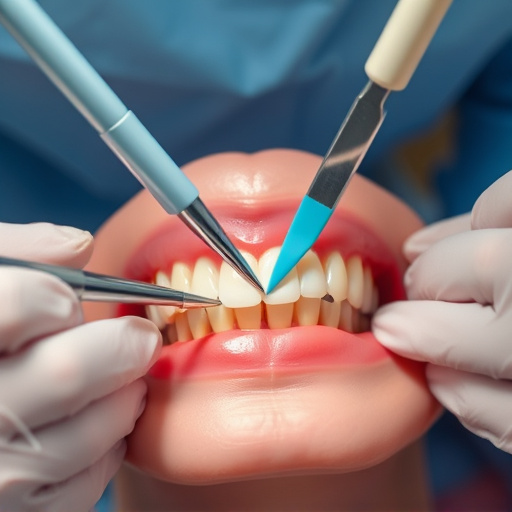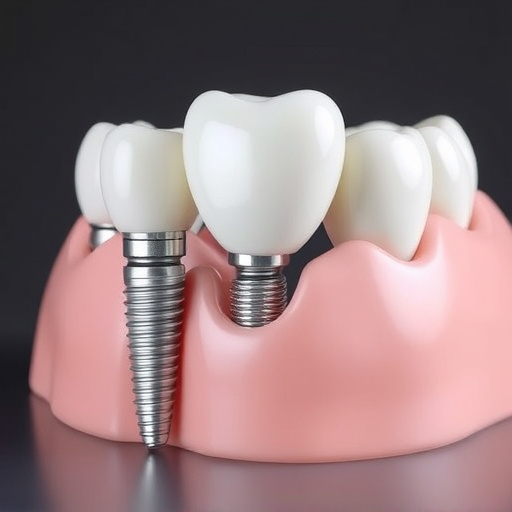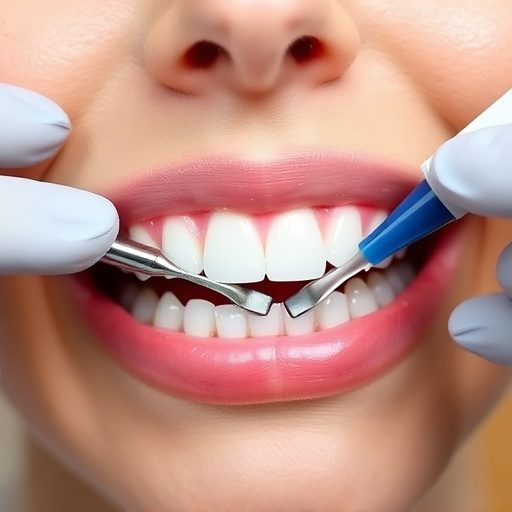Handicap accessible dental offices provide specialized care for patients with physical disabilities, offering adapted equipment, clear signage in braille, alternative communication, and accommodation for service animals. These practices cater to diverse needs, from routine check-ups to advanced procedures like fillings and implants, ensuring inclusive oral health care through tailored services and navigable spaces.
In today’s inclusive society, ensuring every patient has equal access to essential healthcare services is paramount. This is especially true in dental offices, where Handicap Accessible Dental Offices are becoming the norm. This article delves into the intricacies of creating such spaces, focusing on service animal policies as a cornerstone for inclusivity. We provide a comprehensive guide to help dental practices navigate these important considerations and foster an environment welcoming to all patients, including those with disabilities and their service animals.
- Understanding Handicap Accessible Dental Offices
- Service Animal Policies: A Comprehensive Guide
- Creating an Inclusive Environment for Patients
Understanding Handicap Accessible Dental Offices
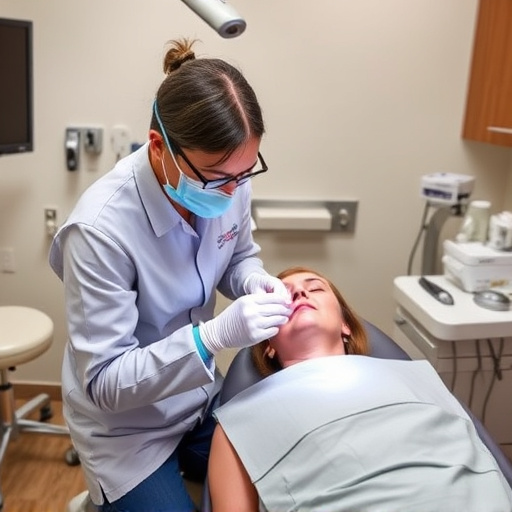
Handicap accessible dental offices are designed to cater to patients with physical disabilities, ensuring they receive the same quality of care as everyone else. These practices often feature specialized equipment and adaptations to make the environment welcoming and functional for individuals using wheelchairs, having visual or hearing impairments, or dealing with other mobility issues. By prioritizing accessibility, these dentists demonstrate their commitment to providing inclusive and comprehensive dental care.
When discussing handicap accessible dental offices, it’s crucial to recognize that beyond physical alterations, many offices also adapt their services to accommodate specific needs. This might include offering alternative communication methods for the hearing impaired, ensuring signage is clear and braille-compatible for the visually impaired, or allowing service animals in the facility. Moreover, these practices often provide a range of services, from routine checkups to advanced procedures like cosmetic fillings and dental implants, thus catering to a wide spectrum of oral health needs.
Service Animal Policies: A Comprehensive Guide

Many handicap accessible dental offices now cater to patients with service animals, ensuring a welcoming environment for those with special needs. This shift is not only inclusive but also enhances the overall patient experience. Service animals play a vital role in the lives of their handlers, providing support and assistance in various ways. From guiding individuals with visual impairments to detecting seizures or low blood sugar levels, these animals are trained to perform specific tasks that improve their owners’ quality of life.
When it comes to dental offices, service animal policies should be clear and comprehensive. This includes guidelines on where the animal can access, the types of services they can receive (e.g., routine oral exams), and any specific accommodations for both the patient and the animal’s comfort. Some offices may also offer specialized cosmetic dentistry services tailored for individuals with disabilities, ensuring that everyone has access to quality dental care.
Creating an Inclusive Environment for Patients
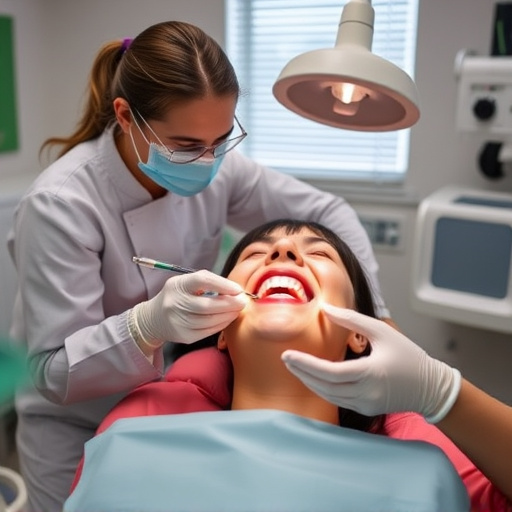
Creating an inclusive environment for patients with disabilities is a cornerstone of any modern, handicap accessible dental office. This involves ensuring that physical spaces are easily navigable for those using mobility aids, such as wheelchairs or walk-assistance devices. It also means implementing policies that accommodate service animals, providing secure and comfortable areas for these essential companions.
Beyond the physical layout, a truly inclusive dental practice offers comprehensive dental care tailored to patients with special needs. This could include services like dental bonding or fillings, adapted to accommodate limited mobility, as well as a range of treatments from basic check-ups to complex procedures, ensuring no patient is left behind due to their disability.
Handicap accessible dental offices are not just a legal requirement, but a crucial step towards creating an inclusive and welcoming environment for all patients. By implementing comprehensive service animal policies and ensuring every aspect of the practice is designed with accessibility in mind, dentists can significantly enhance patient care and satisfaction. This approach not only facilitates easier navigation for individuals with disabilities but also promotes a sense of comfort and security, ultimately making dental visits more positive experiences.
